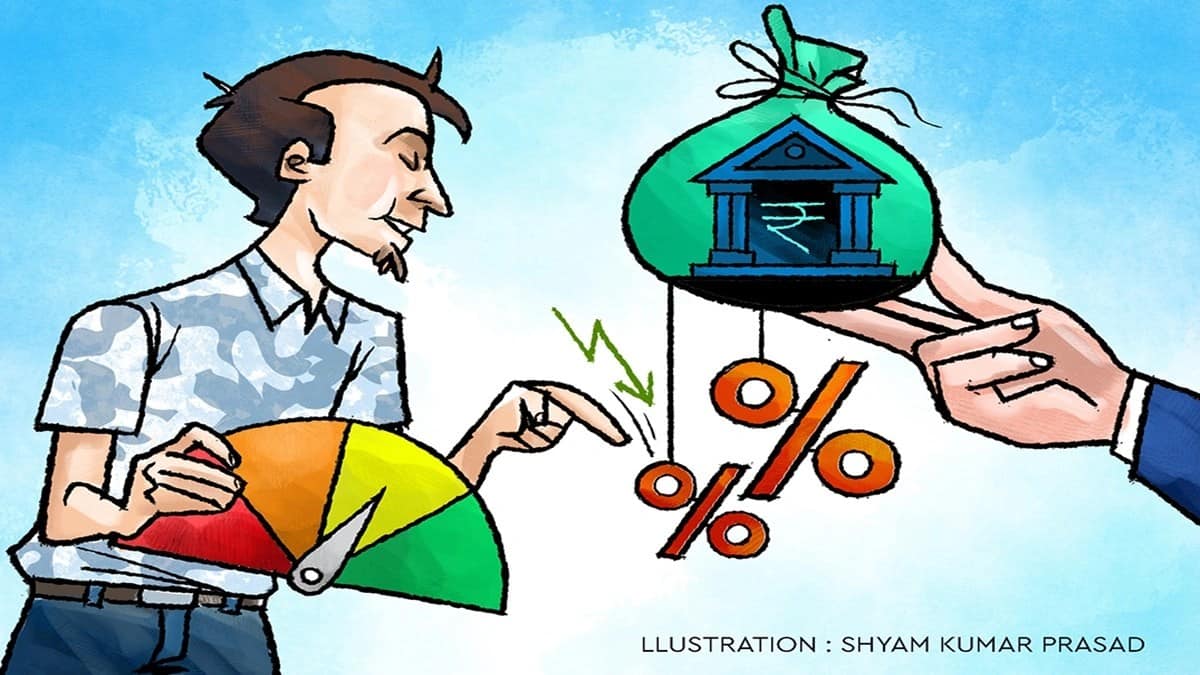Loan application rejections can stem from various factors. Commonly, inconsistencies or delays in debt payments stand out as primary reasons. Additionally, lack of awareness about how a negative credit history impacts loan approvals can lead to rejections. If you’ve recently faced rejection, it’s crucial to understand the causes and take corrective action.
Monitoring the impact of these rejections on your credit score is vital as multiple rejections can worsen your score, requiring months or even years for recovery. Here are steps to take if your loan application has been declined:
Also Read: Add-on Credit Cards: Good or bad for your finances?
Timely Debt Payments
Ensuring punctual payment of EMIs and debts is crucial for maintaining a healthy credit profile, reducing the likelihood of loan rejections. A credit score above 750 opens doors to the best loan offers. If a low credit score caused the rejection, focus on improving it. Prompt and complete repayment of your dues gradually elevates your credit score. Additionally, maintain a low credit utilisation ratio (CUR) and avoid closing existing credit cards or applying for new ones to prevent adverse effects on your score.
Debt-to-Income Ratio Assessment
Lenders have access to your pending loans and might request bank statements to evaluate the portion of your income dedicated to EMIs. They generally prefer borrowers not allocating more than 30%-40% of disposable income to loans. If your current commitments reach or exceed this threshold, securing new loans may be challenging, potentially resulting in rejection. A higher disposable income is favourable in such cases.
Documentation Accuracy
Ensure accuracy and consistency in essential details like name, address, signature, PAN, Aadhaar, and other documents required for loan applications. Mismatches in these non-financial aspects can lead to unnecessary rejections, undermining your chances of loan approval.
Limit Frequent Applications
Each time you apply for a loan or credit card, the lender conducts a ‘hard’ inquiry into your credit history. These inquiries marginally reduce your credit score. Therefore, multiple loan applications within a short period can significantly damage your credit score. Repeated rejections often indicate a pattern, making subsequent applications less likely to succeed. To safeguard your score and avoid further rejection, refrain from making numerous loan applications. Additionally, multiple hard checks signal an eagerness for credit, which can raise concerns for lenders.
Monitor Your Credit Score Regularly
Monitoring your credit score monthly is essential to stay informed about changes caused by payments, delays, or defaults on loans. Obtaining a free monthly credit report from Experian or CIBIL offers a comprehensive overview of your credit activity, payment history, and loan status. This snapshot of your financial health allows you to track your score’s progress and make informed decisions to enhance it. Regular monitoring also helps detect discrepancies or errors that could harm your score, allowing you to address these issues with the relevant credit bureau.
Reapplying as Your Score Improves
Recovering from the impact of loan rejections may take time to restore your credit score. However, if your score is already good, the time needed for improvement is usually shorter. Consistent debt payments and responsible credit behaviour contribute to enhancing a damaged score.
Hope these tips will help you make your case stronger and expedite your loan approval process.
(The author is CEO, Bankbazaar.com. Views are personal)




